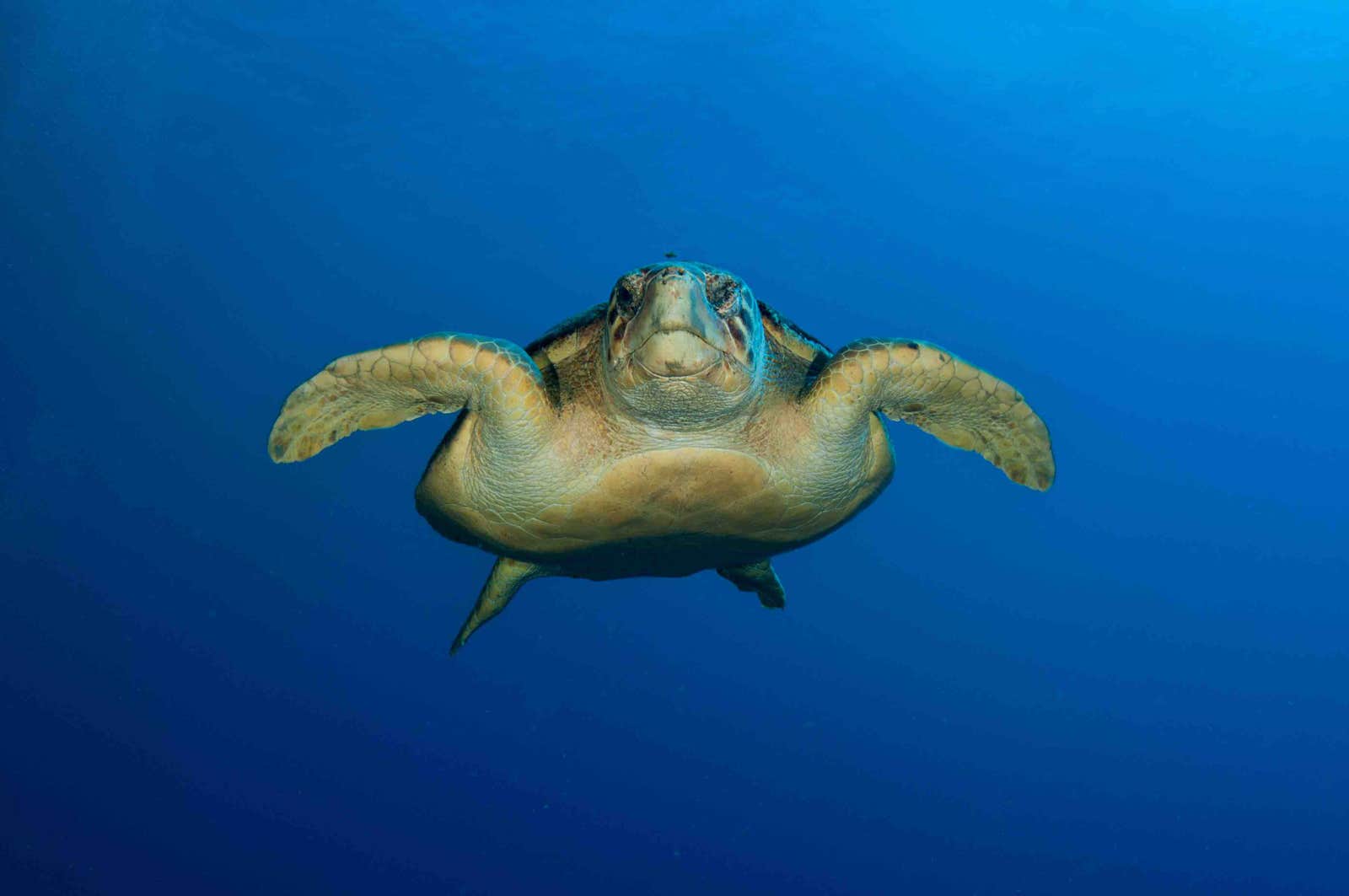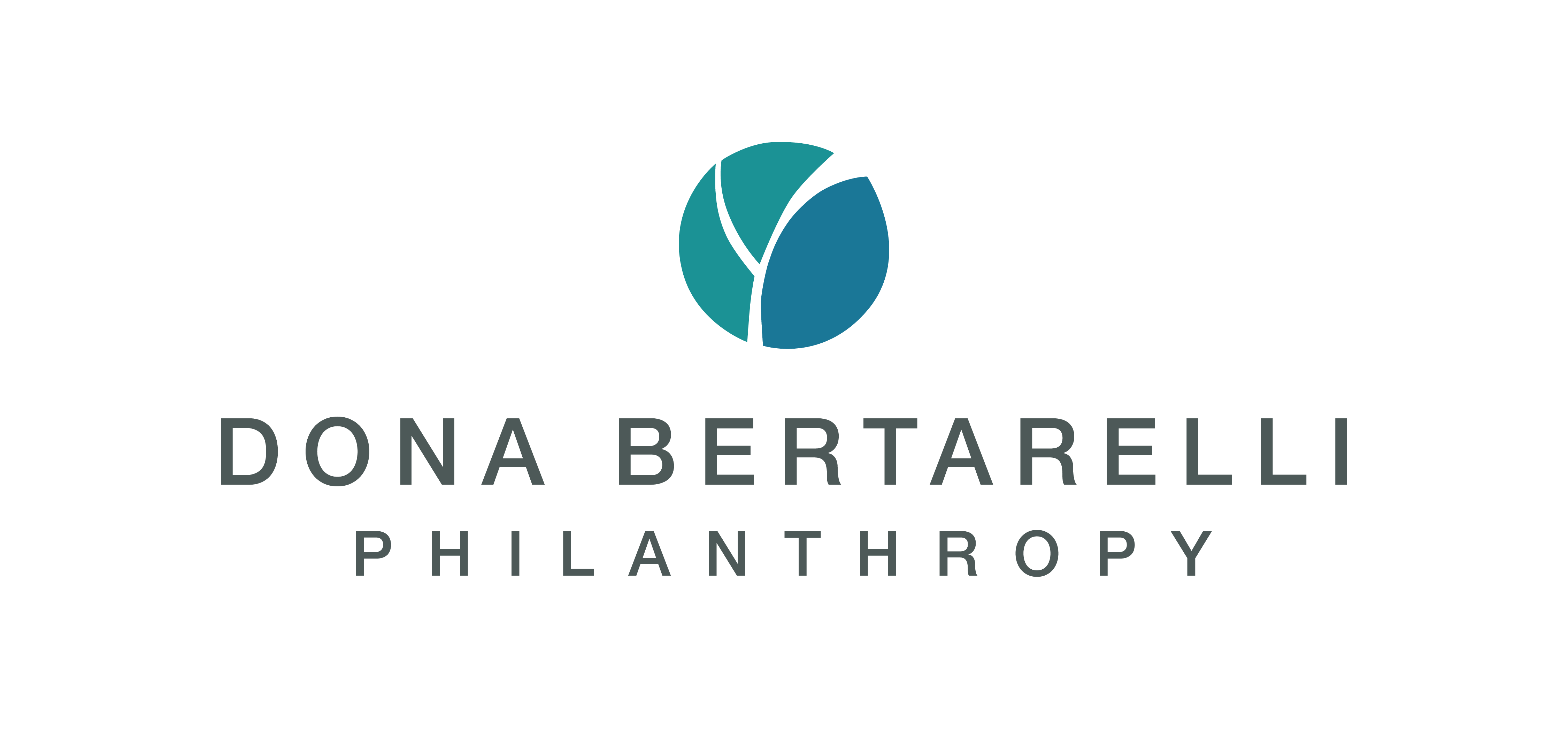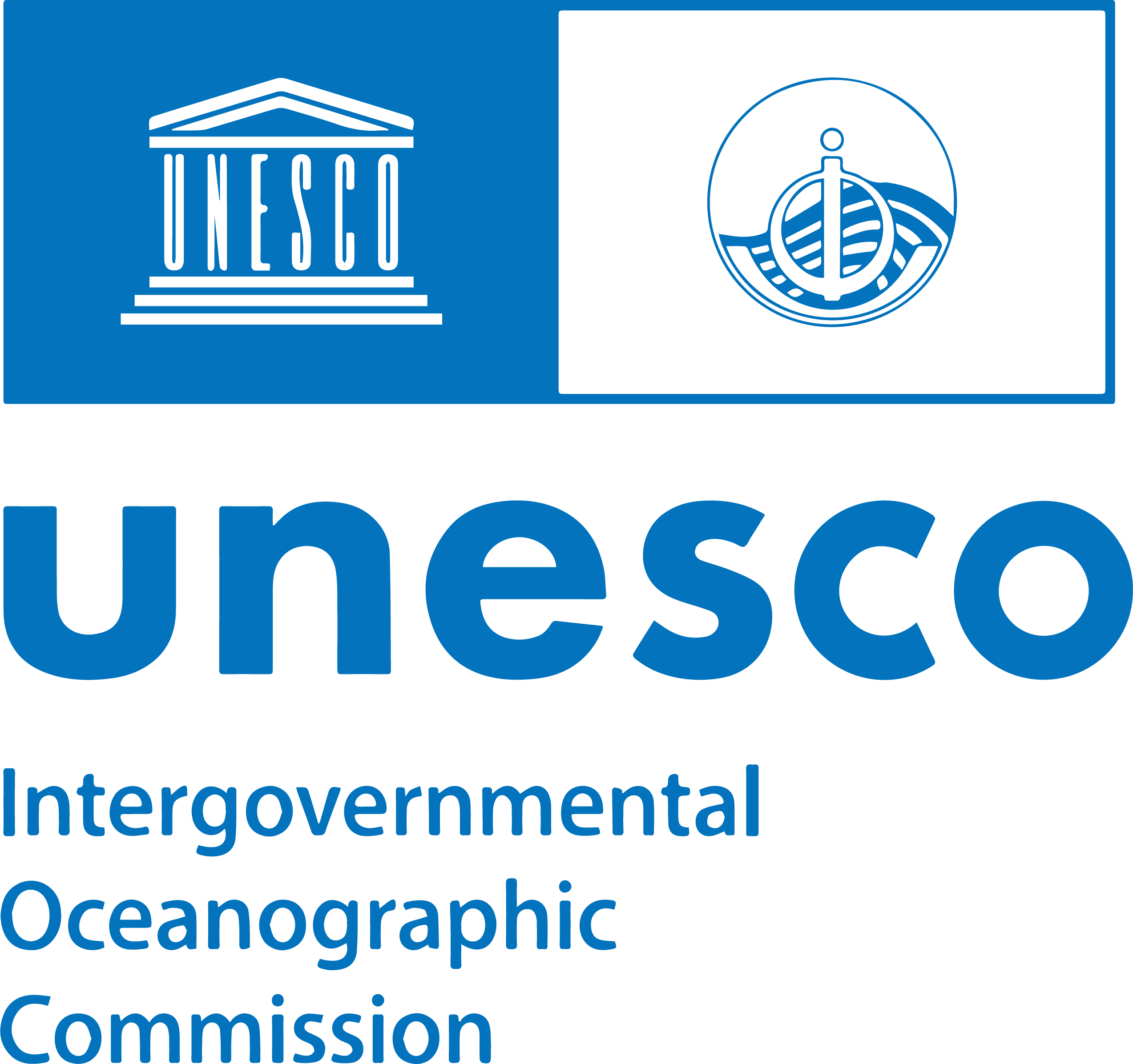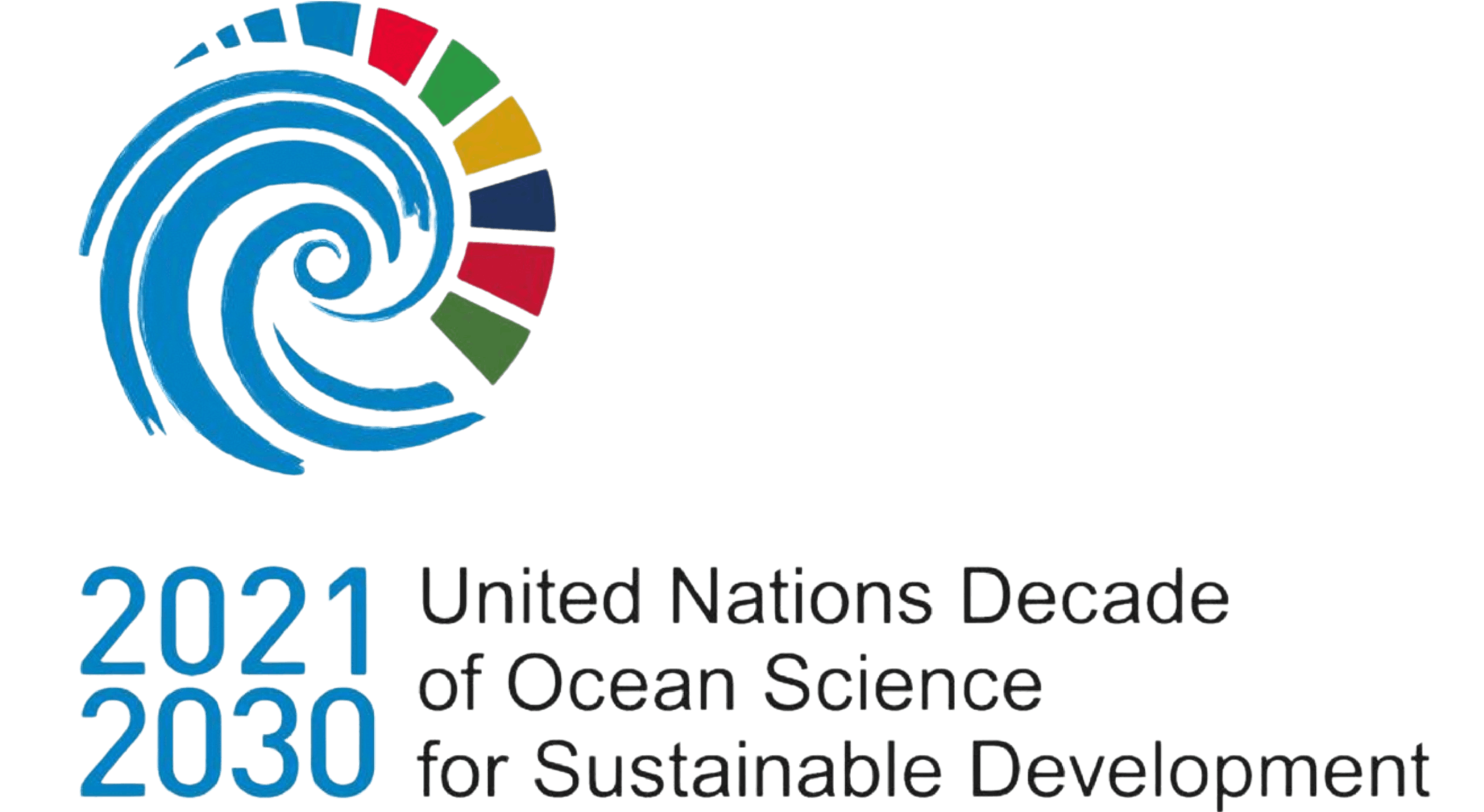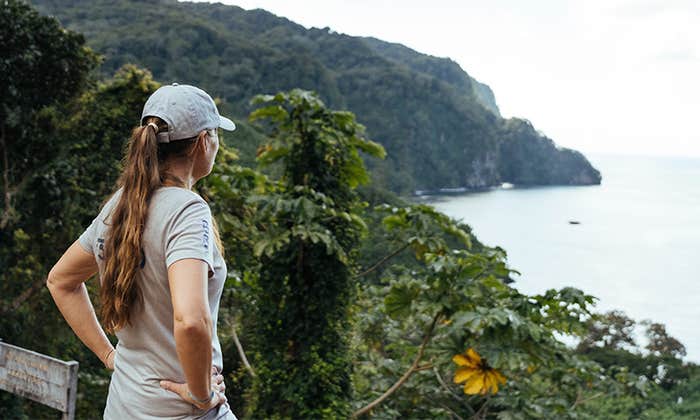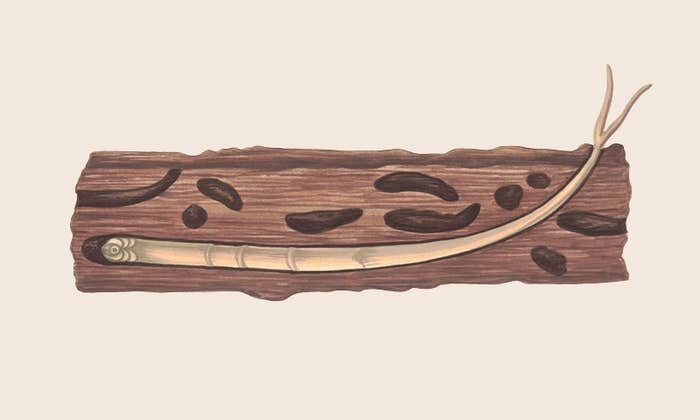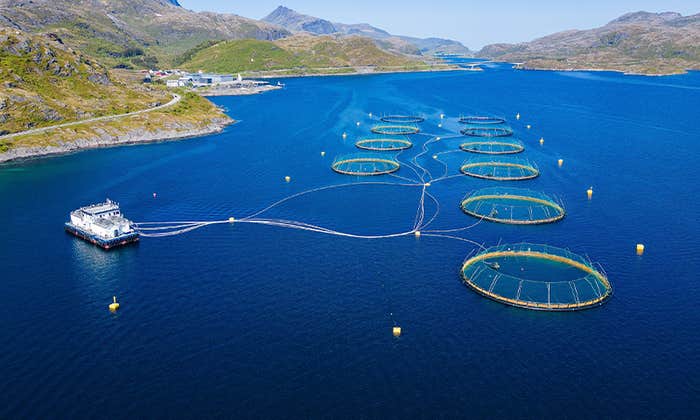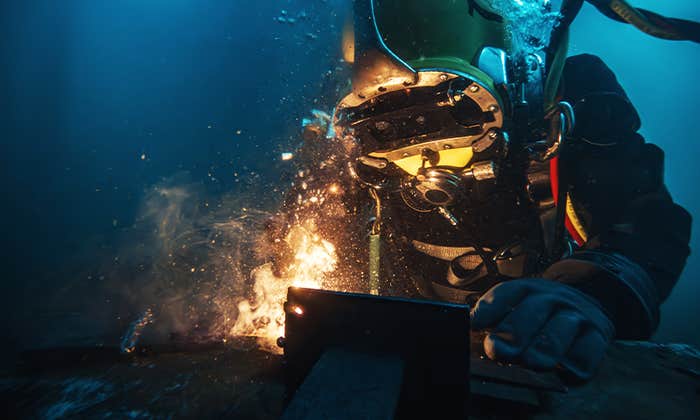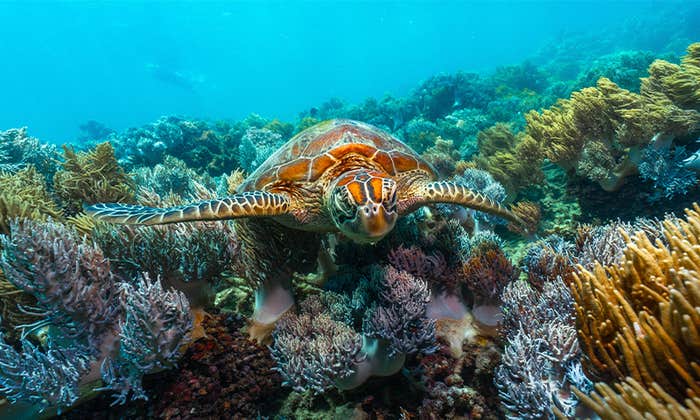The following is adapted from a speech Roger Payne gave at this year’s Interspecies Internet conference. His remarks have been lightly edited for clarity.
Because I am involved with the Cetacean Translation Initiative, or Project CETI, I receive criticism for spending time and treasure trying to translate what I refer to as WhaleSpeak. My accusers complain that the needs of humans should always come before the needs of animals.
But the reason humanity finds itself in its present predicament is in major part because we have always put the needs of humans before the needs of the rest of life. It is our fatal flaw—our lethal blindness.
Because I believe that science can help us survive our folly, I’ll start this essay by looking at what science has to offer in the way of consequential discoveries. I don’t mean the most exciting, most monumental, or grooviest discoveries such as E = mc2 or plate tectonics or the structure of DNA or translating the human genome … They all have major consequences, sure, but humans lived without knowing such things for over 200,000 years.
I’m looking for a discovery so consequential that unless we respond to it, it may kill us all … graveyard dead.
I believe that awe-inspiring lifeforms such as whales can focus human minds on the urgency of ceasing our destruction of the wild world.
As I see it, the most consequential scientific discovery of the past 100 years is: Every species, ourselves included, depends on a suite of other species to keep the world habitable for it—and each of those species depends in turn on an overlapping but somewhat different suite of species to keep their niche livable for them. And so on, all the way back to the primary producers.
But there’s a problem here. No one can even name all the essential supporting species, let alone describe their full roles.
We do know that some of the most essential species are microscopic plants and animals that we kill, unintentionally, by the trillions. But we know so little about them, they don’t even have common names—just Latin names. And many (some would say most?) are unknown, unnamed, and undescribed species.
Faced with such capacious ignorance, our only rational course is to use every means possible, regardless of cost, to try to save all species of life, knowing that if we fail to save enough of the essential ones, we will have no future. I’m not talking about a less comfortable, less convenient future, or some fanciful, hoped-for future, where technology gallops in on a white horse to save the day—I’m talking about having No future, as in None. Game over; lights out.
Many of humanity’s most intractable problems are caused by keeping the Other voiceless. The ultimate Other, the most oppressed of all the voiceless, are non-humans.
As with any massive injustice, the effects on the victors are often as dire as they are on the vanquished. However, in this case they are worse, because we are extinguishing many of the lifeforms that keep the world habitable—for us, as well as for the rest of life.
It is only by ceasing to destroy Nature that we can continue enjoying the best deal any species has ever had: being one of a small number of advanced lifeforms on a strikingly beautiful, stable, and productive planet.
Because the consequences of failure are so astronomical, it is also clear that there is nothing else nearly as important, or nearly as urgent, as preserving the rest of life. The problem is how to motivate ourselves and our fellow humans to make species preservation our highest calling—to make it the first design principle in every action we take and in everything we build; make it the step we never leave out or cut corners on, delay or postpone, diminish, or defund. And that we do all this to make the preservation of all lifeforms—of all Life—the holy of holies; the immutable principle that stands behind all of our actions, all of our laws, all of our contracts, all of our collaborations—the first consideration in every discussion, every decision, and every action that we take.
We have always put the needs of humans before the needs of the rest of life. It is our fatal flaw.
We must face the truth that what we have grown up considering to be life’s worst disasters—wars, plagues, pandemics—will seem like minor nuisances compared to what we will experience if we fail to stop destroying the rest of Life. Those disasters have never killed more than a few million or tens of millions of people. And in every case the global population of survivors has been tens or hundreds of times greater than the number of dead. But killing off any one of the species that is essential for keeping the world habitable for us will leave this planet unlivable for you and me, and if you think that technology can save us, think again. Ask yourself: Who will design and fund that technology, mine and refine the materials to build it, oversee their extraction, manufacture the technology, ship it, install it, maintain it, repair it, recycle it, and replace it when it’s old? Finding ways to achieve all those steps is what will determine whether human life on earth is … “to be or not to be.”
But how can we get this idea across to the whole world? I think inspiration is the key. It is clear people take bigger risks to defend concepts than they do to defend physical realities. They will risk their lives to defend their honor, their country, their flag, their religion, but rarely their biggest investments, such as their house or their SUV. It’s why the violence practiced by zealots, terrorists, and religious extremists is often greeted with surprise and shock.
Antoine de Saint-Exupéry, the author of The Little Prince, understood this bias—and how to use it positively—when he wrote:
“If you want to build a ship don’t drum up the men to gather wood, divide up the work, and give orders. Instead, teach them to yearn for the vast and endless sea.”
The Catholic church long ago recognized the power of awe—and that triggering it in someone puts them in a mental state that can make them susceptible to the church’s will. The church also realized that sheer size, echoing spaces, and intense music can all generate awe, and that speaking or singing in an alien language, Latin—a language the church reserved for church matters and that only the priests understood—enabled priests to interpret Latin passages to mean anything they thought the occasion warranted.
Presumably the church learned these things as a result of building their magnificent cathedrals and hiring the greatest composers of the day to write music for the spectacularly echoey spaces those cathedrals enclosed.
Has anyone before or since operated in a more inspiring setting, or been able to use ambiguity of meaning more effectively to shape the behavior of their followers? (Note: you are hearing this question from an avowed atheist.)
Well … Yes.
The modern equivalent is rock concerts that take place in giant echoey stadiums, with intense, loud music, accompanied by words in a poetic language that allow for multiple interpretations so that each votary can take home whatever message they wish from those words. It is the process by which rock stars gain priest-like powers over massive congregations while putting the congregants into ever greater thrall.
The magnificence of whales, like the magnificence of cathedrals, has a unique ability to infuse us with awe.
I believe we can use the amplification-of-effect the arts provide to spread the word about the need to preserve the rest of life. It is why I have spent much of my long life trying to get musicians, singers, composers, writers, sculptors, artists, dancers, orators, filmmakers, circus performers (anyone who can address the world through the arts) interested in using their skills to push for the preservation of Life. I have done so because I think the arts are the way to get humanity to fall in love with the non-human Other, and by doing so, to understand more deeply the critical importance of acting to end humanity’s wholesale destruction of Nature.
If we could find a singer of awe-inspiring stature and musicality who sings with passion in vast, echoey spaces, using words whose meanings we could translate at least as far as moderate ambiguity, I think we could move the world a long way toward falling in love with, and protecting, non-human lifeforms.
I know such a singer. He even has a Latin name—it’s Megaptera novaeangliae, which translates to Broad-winged New Englander. The common name of this whale is humpback and it is within the cathedral-like, echoing spaces of ocean depths that male humpbacks sing.
If we accept the main challenge we face, it is to get humanity to fall in love with non-human lifeforms … if we understood what animals are saying to each other, what they are communicating; what occupies their thoughts; what they love, fear, desire, avoid, hate, are intrigued by, treasure (no matter how simple it may turn out to be), if we could communicate with them, ask them questions and receive answers (no matter how simple those questions and answers might turn out to be), the world might soon be moved enough to at least start the process of halting our runaway destruction of life, plus the mistakes we make unwittingly, that cause our destructiveness to grow exponentially.
Fifty years ago, a similar approach got people to fall in love with whales through the humpback whales’ songs. It also triggered the Save the Whales movement plus the whale-watching industry (which now earns more than whaling ever did—even at whaling’s height). Some people even claim that whale songs were a major force in igniting the global conservation movement.
I suspect that whale communications may turn out to have a fairly simple vocabulary. However, simple doesn’t necessarily mean uninteresting.
Louis M. Herman showed that bottlenose dolphins can interpret simple sentences containing a subject, verb, and object. Working within those constraints, let us imagine a conversation between you and a sperm whale that you’ve been following around and hanging out with for a couple of years.
You are at breakfast aboard your boat when your cell phone rings, and the computer voice that is generated by its WhaleSpeak-Translation App greets you, saying:
“Hi Jim.”
To which you answer, “Hi Patricia.”
Patricia says, “Patricia hungry.”
And you reply, “OK.”
She adds, “No want squid …”
You reply, “ Shark Canyon good now.”
Whereupon the phone disconnects, and for the next few hours you follow her toward a canyon 30 miles to the east where she caught sharks last year.
Arriving there, the profiles of her dive-times, dive-depths, and inter-dive intervals show that she’s hunting sharks.
After an hour she surfaces, your phone rings, and Patricia says, “No sharks.”
She pauses, and then says,“Why?”
You reply, “Too many sperm whales.”
To which Patricia responds, “No. Too many people.”
Or perhaps she says, “No. Water too warm.”
Or perhaps, “No. Too much ship noise.”
All are answers that show that she can reason and generalize.
Of course, we might find it easier to work with parrots or dogs, but whales, by their sheer size, their commanding voices, and surprising grace elicit a kind of attention that smaller lifeforms can’t. Just as redwoods trigger stronger emotions than dogwoods.
The magnificence of whales, like the magnificence of cathedrals, has a unique ability to infuse us with awe. I believe that awe-inspiring lifeforms such as whales can focus human minds on the urgency of ceasing our destruction of the wild world.
So here’s my take-home message. Let those of us who believe in the value of communicating with non-human species such as whales work together.
Keeping our discoveries confidential keeps our discoveries small;
keeps us small;
keeps our field small;
keeps our future small.
It is true that competition is a powerful motivator, but cooperation is a stronger, more enduring motivator, and it offers much more constructive working conditions.
Cooperation is how Nature evolves fastest; cooperation is how we can advance fastest. The COVID-19 vaccines are just the most recent example thereof.
Allowing non-human lifeforms to pursue healthy, undiminished lives is not some hippie, tree-hugger’s platitude, it’s an appropriate response to a brutally inflexible Law of Nature—one that doesn’t give a damn whether you accept it, because it’s what’s in charge, not you, and not me. We may not like such a law, but it is a truth that we must accept if our descendants are to have even a small chance of surviving.
Although it is only in recent years that the importance of our universal interdependence with nature has been demonstrated scientifically, the supposition that it was probably true has been around for hundreds of years. You can see it if you substitute two words in the final stanza of John Donne’s most famous poem—one I’ve always thought of as a meditation of sorts, and a passage I suspect we will all recognize.
We can significantly broaden its meaning just by changing the word “man” to the word “species,” and the word “mankind” to the word “Life.” In doing so, we simply enlarge the poem’s subject; for “mankind” means every human of every gender and every race, and the word “Life” means every species, of every phylum—whether protist, alga, fungus, plant, or animal.
Here’s the stanza:
“No species is an island
Entire of itself
Each is a piece of the continent,
A part of the main.
If a clod be washed away by the sea,
Europe is the less.
As well as if a promontory were,
as well as any manor of thy friends or of thine own were.
Each species’ death diminishes me,
For I am involved in Life.
And therefore never send to know
For whom the bell tolls,
It tolls for thee.
Lead image: Rich Carey / Shutterstock



















